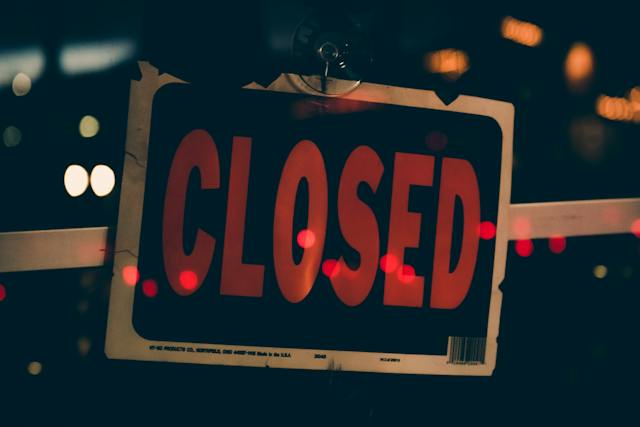
Since its implementation, credit scores have changed how we shop and conduct business. These numbers illustrate a person’s ability to pay back loans on time, which can influence things like buying a house or leasing a car. However, it’s no secret that those who file for bankruptcy will see a drop in their credit score. However, there are steps you can take to improve your score after this process. Keep reading to learn more and discover how a Memphis, TN consumer bankruptcy lawyer can help you.
What Will My Credit Score Be After I File for Bankruptcy?
It’s important to understand that your credit will decrease depending on your score before filing. However, the change in your score will likely be drastic regardless of your starting score, but it will be more drastic depending on how high the score is. Though it will vary from person to person, you can generally expect a good, very good, or excellent score (ranging from 670-850) to drop, on average, 200 points. However, a poor or fair score (300-699) can fall anywhere from 130-150 points.
You should also understand that filing for bankruptcy is a process that can follow you around for years. In general, filing Chapter 7 bankruptcy will remain on a credit report for ten years, while Chapter 13 lingers for seven.
How Can I Improve My Credit?
Though your credit score will, unfortunately, be impacted after filing bankruptcy, there are ways you can improve your score. The most important thing to do after the discharge of your debt is to create good spending habits that will set you up for future financial success. Most people see an improvement from a poor credit score to a fair one in a year, but achieving a higher score than that will take longer.
You should refrain from taking out any loans or opening up credit cards until you have the means to pay them off on time. This helps prevent you from falling back into unmanageable debt. However, you may also want to take out a credit-builder loan, which many credit unions offer, as it allows you to build up your credit score. When you take out a loan, it appears on your report, so making on-time payments is a great way to build your score back up.
Another tip is to begin accruing an emergency fund. The last thing you want is to get your credit score under control for an emergency bill to pop up, causing you to succumb to debt again. If this should happen, the emergency fund can help cover the cost, so you don’t have to worry.
Though you will need to consider the decision carefully, filing bankruptcy can offer you the forest start you need to regain control of your financial future. When you’re ready to proceed, the Arnold Law Firm can help. Our dedicated legal team will help walk you through the process so you can feel confident in your decision. Contact us today to learn more about how we can help you.




